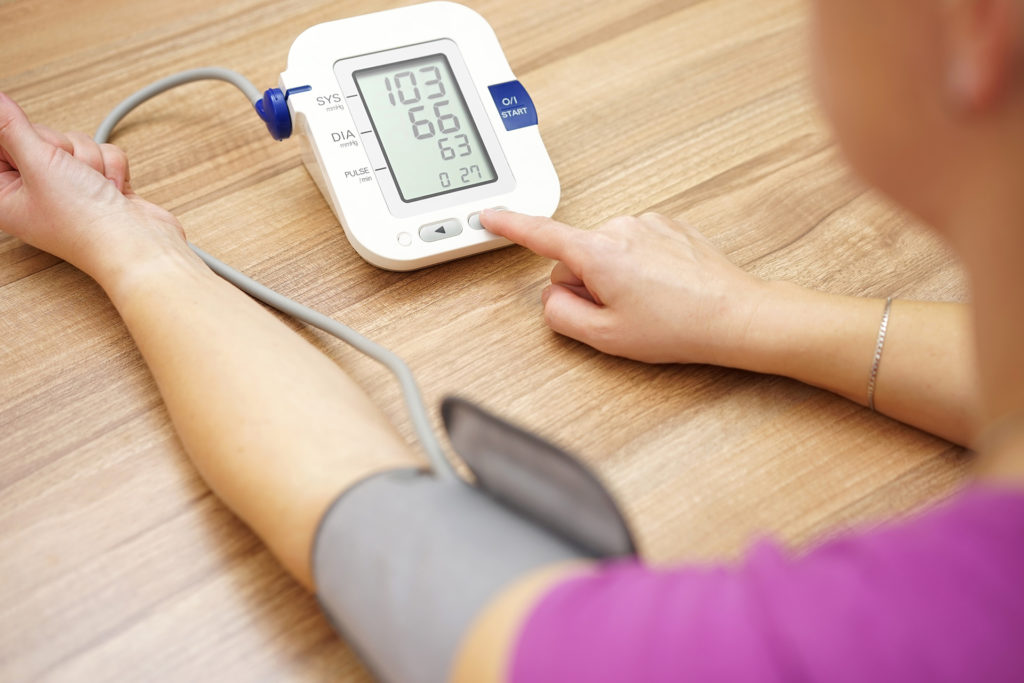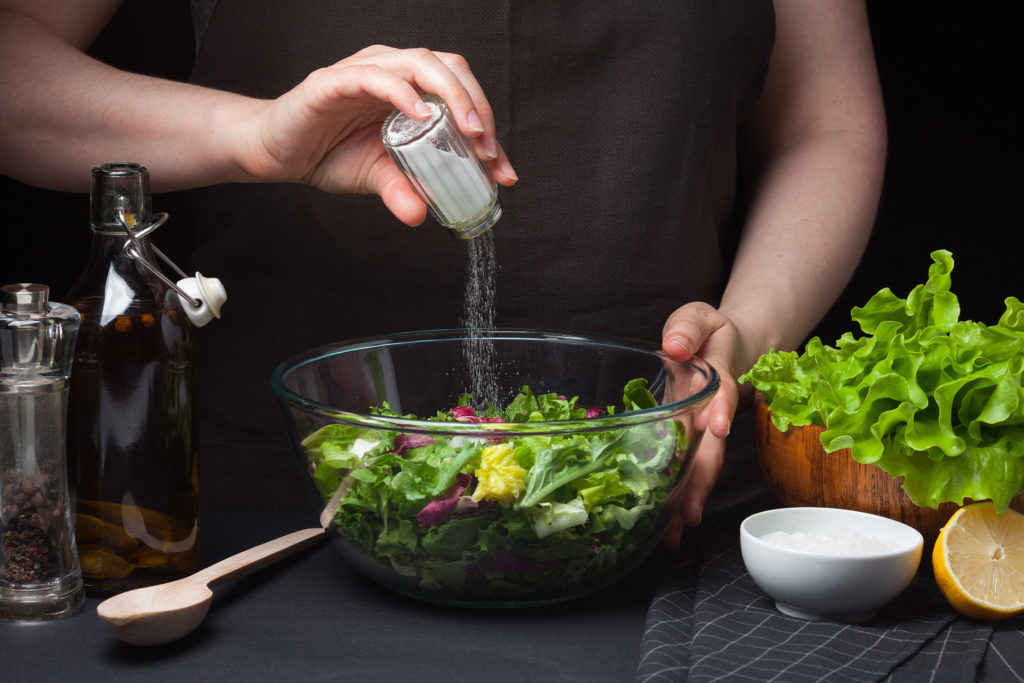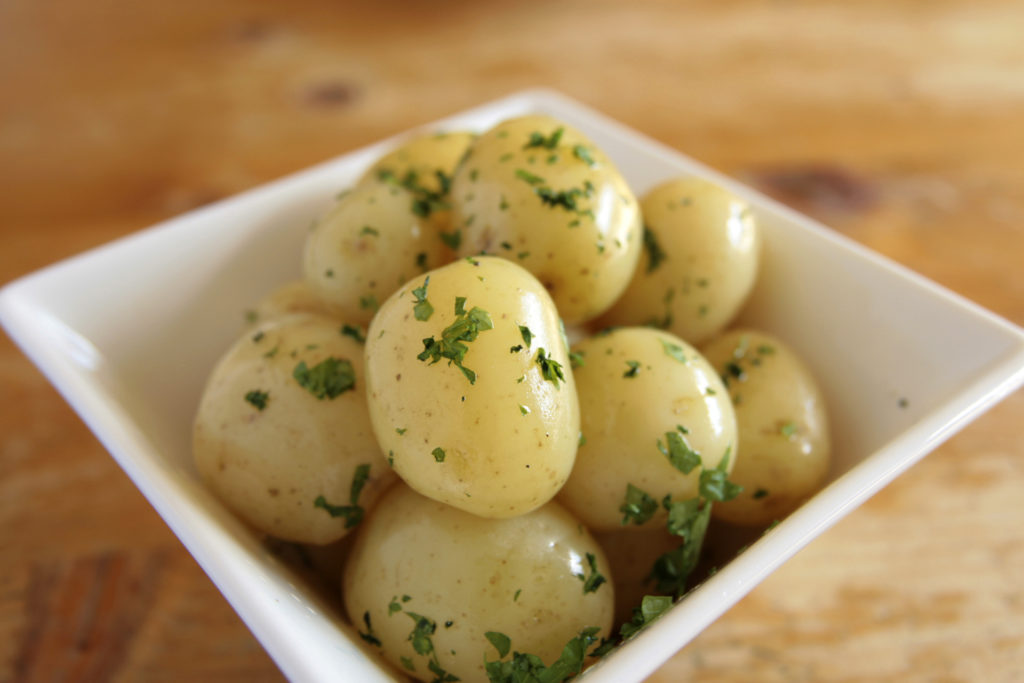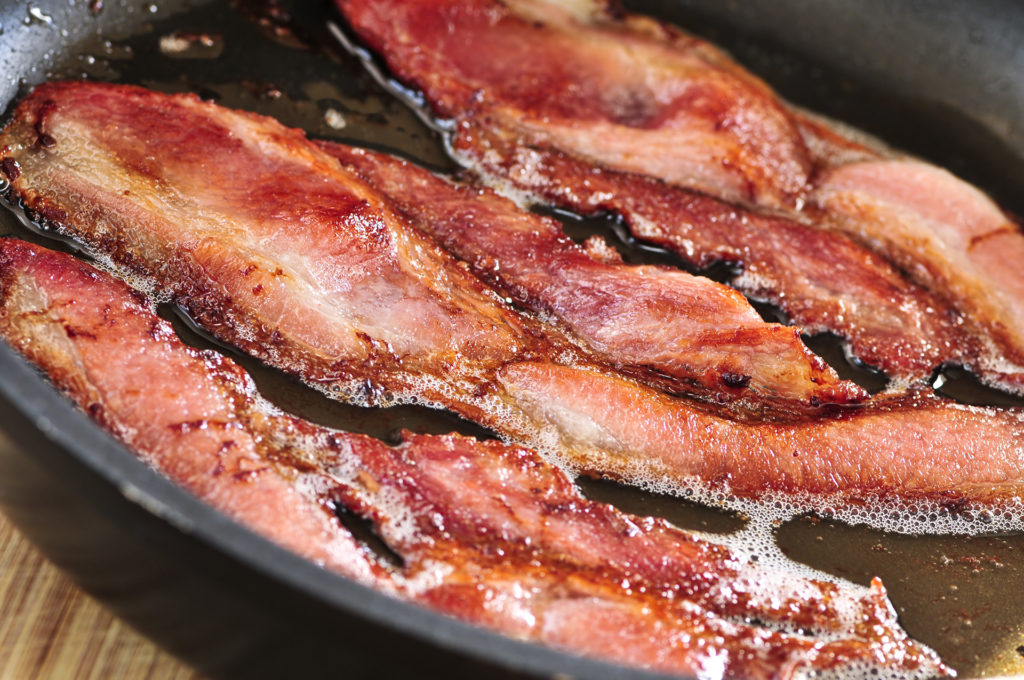Do You Know Your Blood Pressure Numbers?
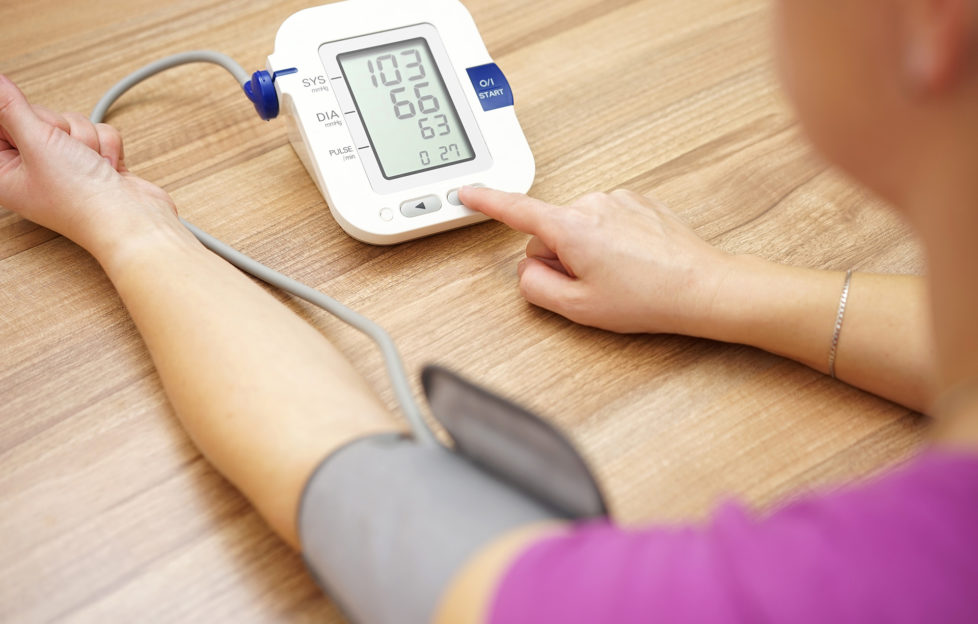
Advice from Dr Sarah Jarvis & LoSalt
Eating healthy is always important, but it’s now more crucial than ever. With Public Health England urging people to look after their health more post Covid-19, there’s never been a better time to take note of not only your blood pressure numbers, but your salt intake too.
Hypertension (high blood pressure) is a global pandemic causing 10.7 million deaths annually. 1 in 4 suffer from it – often unknowingly – and if untreated it can increase our risk of suffering coronary heart disease or stroke.
That’s why monitoring your blood pressure and knowing your numbers is a good way to prevent this risk. The Know Your Numbers® campaign is inspiring the nation to take control of their own health by encouraging people to monitor their blood pressure from home as a practical way of tracking numbers, without having to visit a GP.
Due to Covid-19, monitoring your blood pressure numbers and maintaining a healthy level has never been more important.
LoSalt advisor and media GP, Dr Sarah Jarvis, comments “At an early stage of the Covid-19 pandemic, it became clear that high blood pressure increased the risk of serious complications from infection. Older people are also at higher risk and while raised blood pressure can affect people of any age, the likelihood of being affected increases with age. Regardless of our age, we should all be taking lifestyle steps to keep our blood pressure from rising.”
Did you know it is recommended in the UK that we consume a maximum of 6g of salt a day, but on average we are consuming much more than 8.4g a day?
In addition to monitoring your blood pressure, you can further reduce your risk of severe illness by making small changes to your diet, like reducing your sodium intake. When there’s extra sodium in your bloodstream, it pulls water into your blood vessels, increasing the total amount (volume) of blood inside them. With more blood flowing through your blood vessels, blood pressure increases.
If we take control of our salt consumption (our biggest source of sodium) we can reduce this risk.
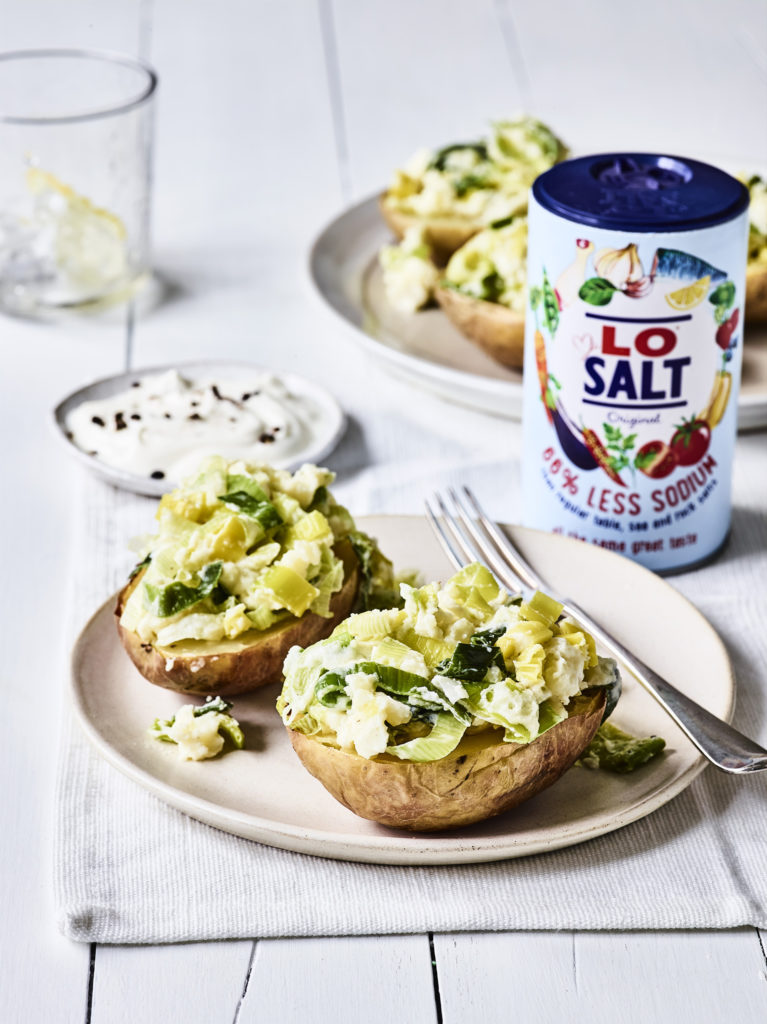
LoSalt costs £1.70 and is available from major supermarkets including Waitrose, ASDA and Sainsbury’s.
Dr Sarah continues: “Excess salt in the diet is a major international health issue and we need to address it now. If salt intake fell by a third, it would prevent 8,000 premature deaths in the UK and could save the NHS over £500 million annually.
According to LoSalt research, eight out of ten Brits add salt at the table or during cooking, with one in eight also admitting that they add salt to their ready meals and takeaways as well – this just isn’t acceptable.
It’s important that we take control of our cooking, the food we eat and how we’re seasoning to ensure we limit the amount of salt in our diets.
Salt is one of those things which can be easy to bury your head in the sand about. It may seem easier to skip a dessert and watch our sugar intake, than to think about reducing our salt. But simple swaps can make a big difference.”
Dr Sarah Jarvis advises on simple measures to help reduce your sodium intake, including:
- Try to cut down on processed food as this is where the majority of salt in our diets comes from. Ready meals, ready-made sauces and soups are often high in salt.
- Keep processed meats to a minimum. Bacon, ham and sausages contain salt.
- Don’t be duped into thinking posh gourmet sea and rock salts are better for you. Reduced sodium salts – like LoSalt – are the only healthier alternative to regular table, sea and rock salts and it’s important you Season with Sense.
- Tinned veg counts towards your five a day, but it can add to your salt intake. Look out for no added sugar (or salt) varieties, and if you do buy tinned vegetables (or tuna) with salt, rinse before cooking.
For further information on LoSalt and the Season With Sense campaign, visit www.losalt.com. For further information on Blood Pressure UK and Know Your Numbers Week, visit www.bloodpressureuk.org.


